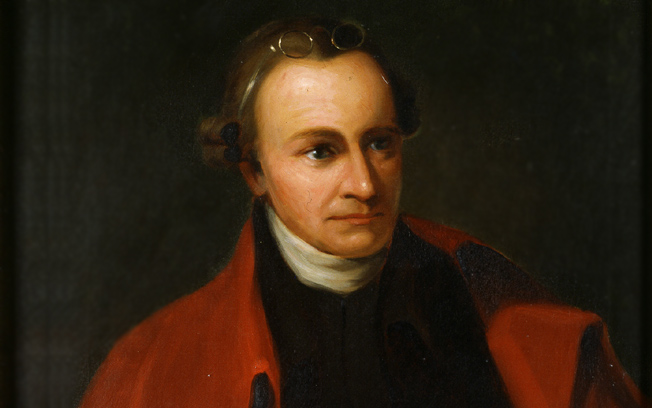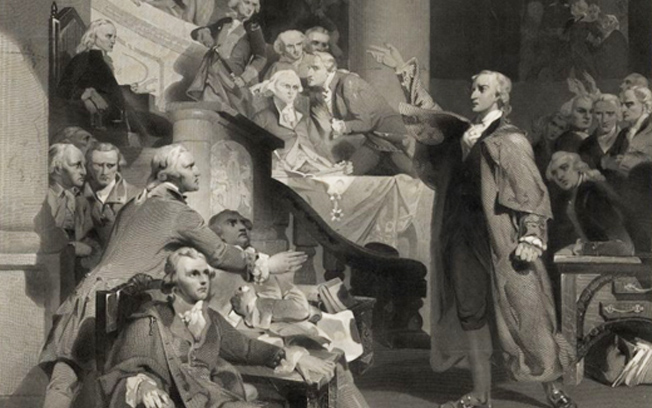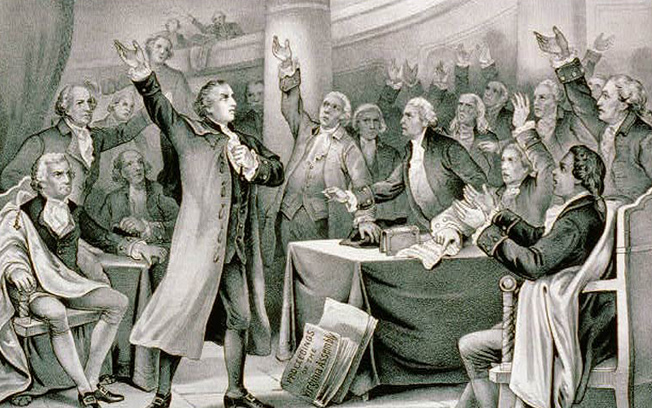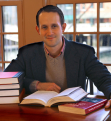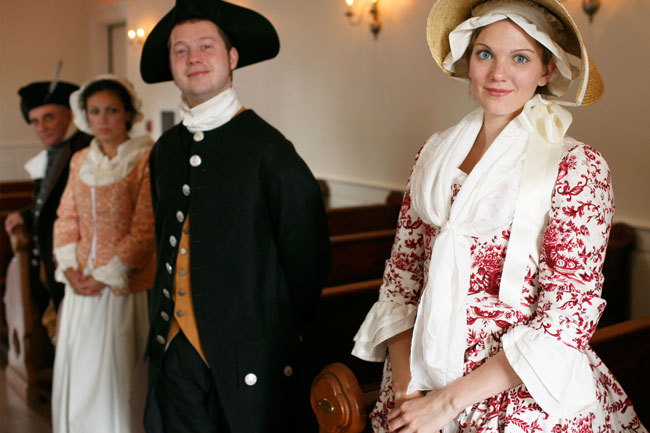Immortalized by his famous remark, “Give me liberty or give me death,” Patrick Henry inspired many to support the cause of American independence. This acclaimed orator was also a member of the Continental Congress and a five-time Governor of Virginia. These 10 lesser-known facts will help you to gain deeper insights into one of America’s most revered Founding Fathers.
His Success Story
Born in 1736, Henry was a poor student whose parents worried about his future. His father helped him and his brother, William, set up a business, which later went bankrupt. Henry then tried his hand at farming tobacco, but found himself to be unsuccessful in that endeavor. After their farmhouse burned down, Henry and his first wife, Sarah Shelton, moved in with her parents. While managing his father-in-law’s tavern, which was across the street from the Hanover County Courthouse, Henry decided to become a lawyer. He passed the bar exam after studying for just six weeks and began a successful legal and political career in 1760.
In the Court of Law
Henry’s first big legal case became known as the Parson’s Cause. The people of Virginia passed a law called the Two Penny Act that set Anglican ministers salaries at two cents per pound of tobacco. This was in response to a three-year drought that lowered tobacco crop yields. James Maury, a local Hanover County parson, objected to the law because the market rate was four to six cents a pound. He sued for damages and appealed to the King of England, who vetoed the law. Henry was the lawyer for Hanover County in the lawsuit regarding the damages. He effectively argued in favor of the law and compared the king to a tyrant for vetoing laws passed by a local legislature. He convinced the jury to award the parson only one penny in damages. In the end, the king’s veto was openly ignored. As a result of this case, Henry earned a reputation for being a powerful and persuasive orator. The 1763 case is seen as one of the pivotal events leading to the American Revolution.
